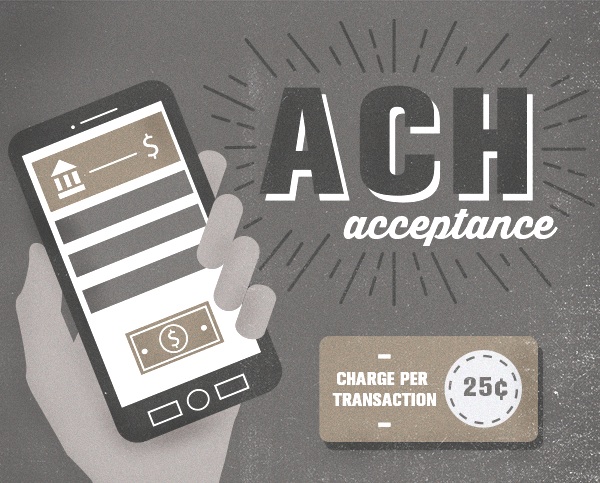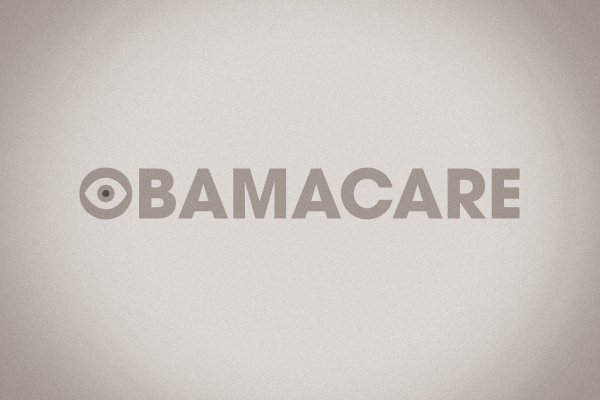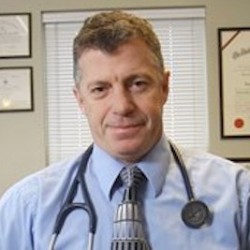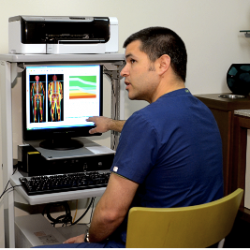There’s a new way to accept payments through Atlas, and it’s going to make things even better for you and your patients. We’re excited to announce the launch of Atlas.md’s ACH acceptance.
Here’s the scoop. By now you know that you can accept credit and debit payments. And that’s been great. But ACH is a way for you to accept payments directly from your customers’ bank accounts. If you remember, back in November, we lowered your transaction payments from 2.5% to 2.1%, but this new addition makes it even cheaper to accept payments from your patients.
The cool thing about ACH (besides the convenience) is that the charge per transaction is only going to be 25¢, which is less than the current 2.1% + 30¢ per transaction for credit/debit card payments. While it does take about 7 days for your patients’ funds to go through, this can add a bit more flexibility to your payment acceptance options.
Accept Multiple Types of Payment
ACH acceptance is a win-win: it lets your patients send money directly from their bank, so they have less to worry about, and it allows your clinic to accept payments without paying high transaction fees. And it’s a win-win that includes no learning curve.
To accept ACH payments, just follow some simple instructions:
- Go to the patient billing page, and then add a new bank account.
- Enter your patient’s name, account number, and routing number.
- You’ll receive a confirmation message that the bank account has been added and needs to be verified.
- The customer will get an email with details about the process and a link that they can use to complete the verification.
That’s it! Go ahead and get set up with ACH today or read some more specifics about how ACH works here.







